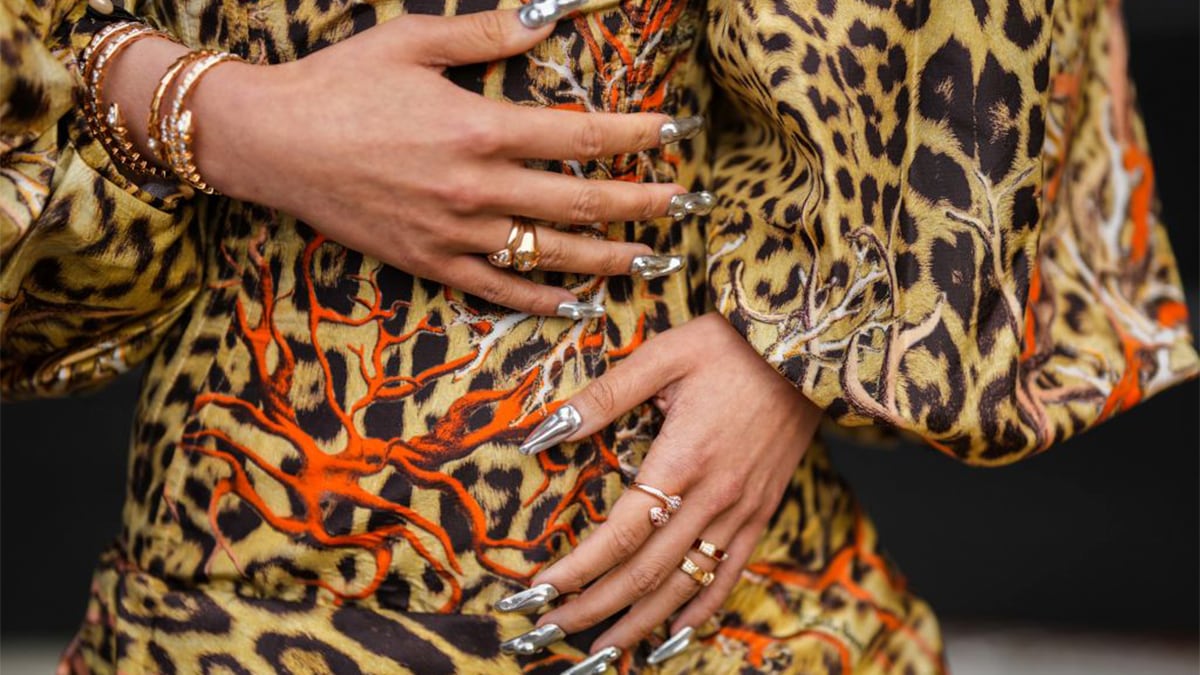– The situation of the sinner and the numerous questions that arise.
“The ‘Gazzetta dello Sport’ lays it all bare.” “A piece of news that has caused a stir worldwide like an erupting volcano,” wrote the Italian newspaper about tennis player Jannik Sinner, embroiled in doping allegations. And, as expected, the situation surrounding the world number one has sent shock waves through the billion-dollar sport of tennis.
Although all those involved have been quick to assert Sinner’s innocence and provide evidence to back it up, the fact that the world number one has now returned two positive doping results is a major blow to the sport.
With tennis in flux, Roger Federer has retired, Rafael Nadal is nearing the end of his career and even Novak Djokovic may not be a regular presence on court once he achieves his last great ambition with an Olympic gold medal.
Sinner and Alcaraz on the rise
Jannik Sinner and Carlos Alcaraz – this incredibly talented, popular and beloved young duo was ready to lead the next generation on the ATP Tour. The transition seemed smooth, the rise of tennis seemed unstoppable. Sinner’s victory in Melbourne in January, followed by Italy’s Davis Cup win just a few weeks earlier – everything seemed to fall into place perfectly for the tennis greats.
However, for one of the two faces of tennis’ new era to be implicated in doping is indeed a major “volcanic eruption” for the tennis world. Even if Sinner avoids a suspension, it is a significant setback. Because, despite having tested positive twice in March for the banned anabolic steroid Clostebol, Sinner will still compete in the US Open, which starts on Monday.
Sinner’s defense
According to Italian tennis organisation Itia, Sinner was cleared by an independent tribunal last week because he unintentionally consumed the banned substance. In a statement posted on social media, Sinner shared that the substance entered his system through the hands of his physiotherapist. The physiotherapist allegedly used Clostebol spray, legally available over the counter in Italy, to treat a cut on his own finger. He then massaged Sinner, leading to “unintentional transdermal contamination.” Itia found Sinner’s explanation plausible and decided not to provisionally suspend him. However, Sinner must forfeit the prize money and ranking points earned by reaching the semi-finals at the ATP tournament in Indian Wells.
Criticism from doping expert
However, doping expert Fritz Sörgel has offered scathing criticism of the “lenient” punishment. “If someone tests positive for Clostebol, they are immediately banned,” Sörgel told Sport1. He questioned the logic behind a court acquitting Sinner. “This smacks of impropriety,” Sörgel insisted. “Clostebol automatically triggers a two- to four-year ban. There’s no way around it,” he added. Now, WADA must step in.
WADA has confirmed it will carefully review the decision, with the possibility of appealing to the Court of Arbitration for Sport in Lausanne if necessary.
Hasta ahora, los colegas de Sinner han remained largely silent on the sensitive issue. However, they might express their views during the media day on Friday at the US Open in New York.
Chaotic media day in New York
During this meeting, Sinner will surely face tough questions. According to his coach Darren Cahill, the case and the uncertainty have “drained” him physically and mentally, leading him to miss the Olympics, Cahill said on ESPN. “We’re not looking for trouble. We’re just happy there’s no suspension. At least, for now.”
Despite the exoneration by the Italian tennis organisation and Sinner’s explanation, the doping scandal surrounding him has led to criticism from doping expert Fritz Sörgel, who believes the punishment was too lenient.
Other tennis players might express their views during the media day on Friday at the US Open, adding to the ongoing discussion around Sinner’s doping allegations.


